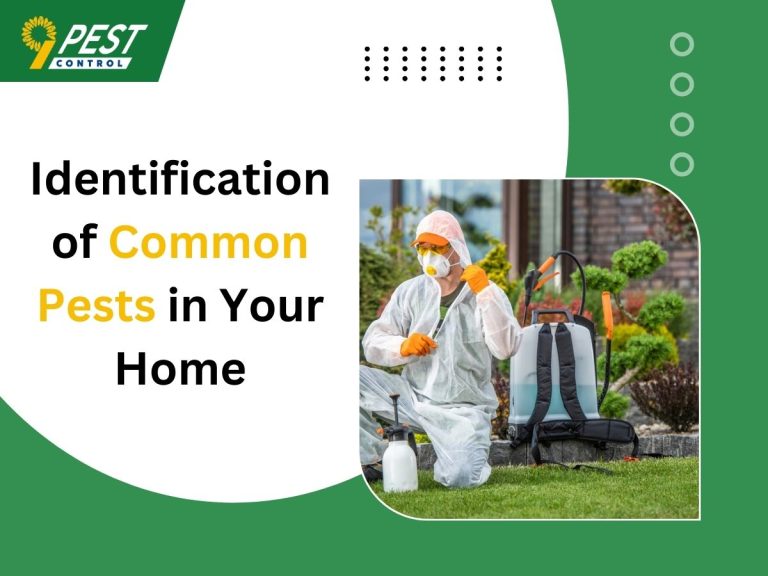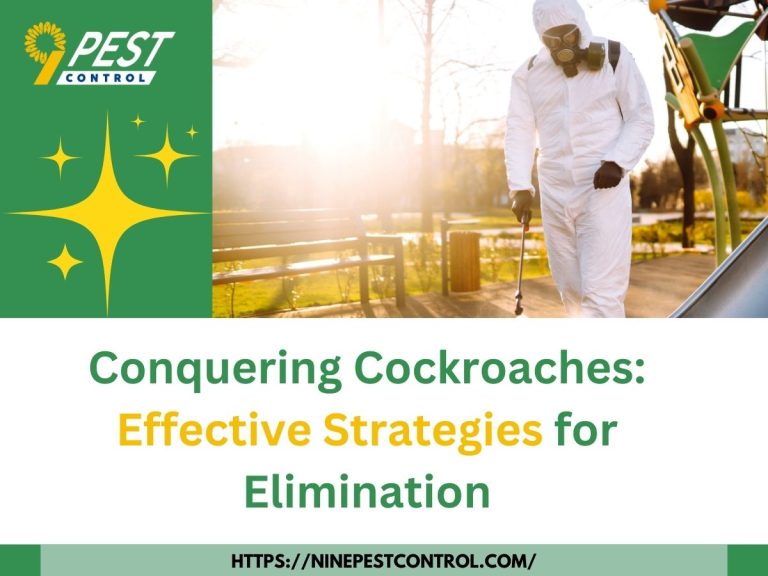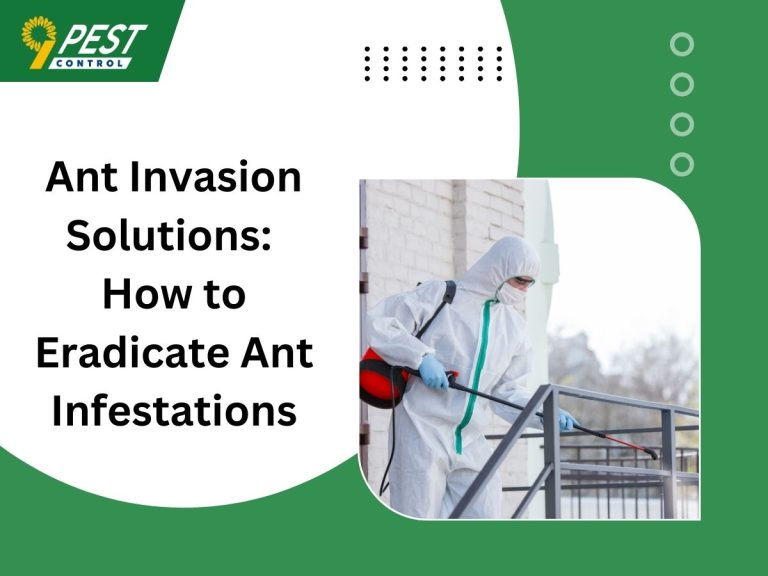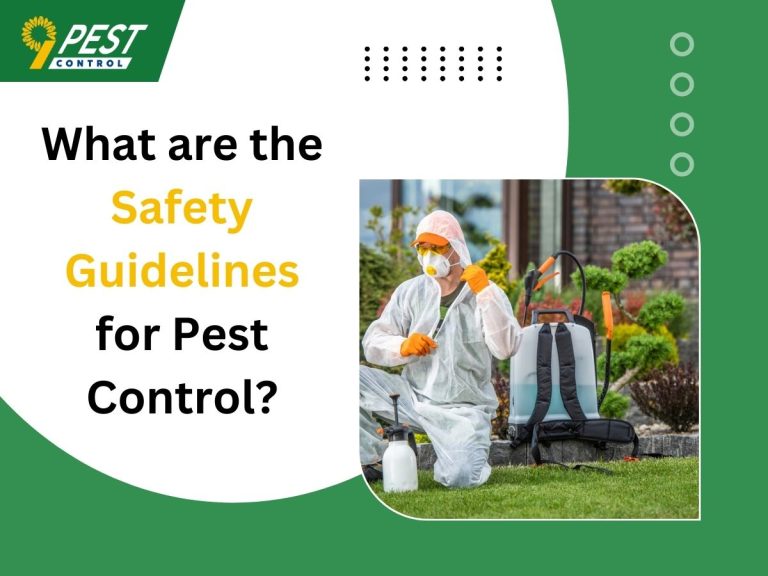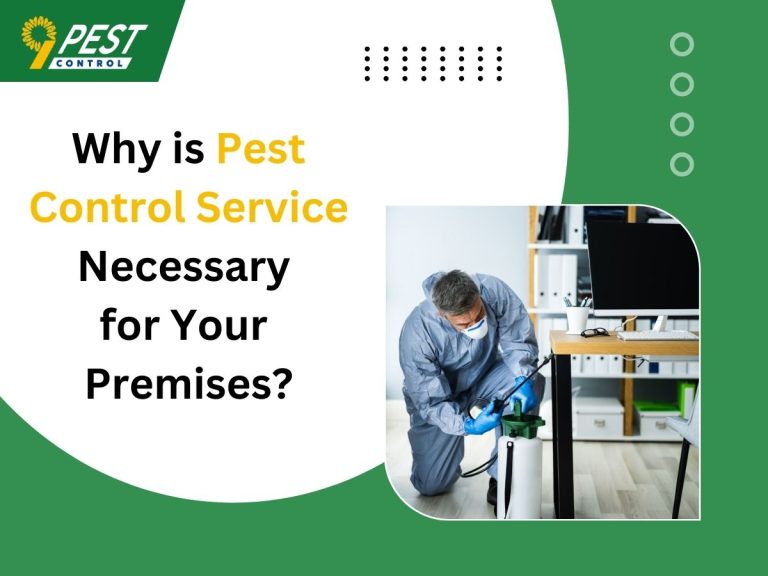Common Insects: How to Tackle Pest Infestations
Household Pests are a major problem in many houses in the U.S. Ants, cockroaches and spiders are common household pests. They search for food, water and a place to live. Moreover, they can cause health problems like spreading diseases and damaging your property.
Knowing how to tackle pest infestations is vital. Did you know that over 14 million homes in the U.S. report seeing roaches each year? That’s a big number! In some cities up to 40% of homes have rodent problems. This blog will help you understand the types of pests you might face. We will also share tips to keep them away for good.
Let’s learn how to protect your home from these unwanted guests. With the right knowledge, you can keep your family safe and your home pest-free.
What Are the Most Common Pests Found in U.S. Homes?
The types of pests found in homes vary, with some being more common than others. The usual suspects include ants, cockroaches, bed bugs, and rodents. Each pest poses unique challenges, such as the contamination of food, allergic reactions, or structural damage.
- Ants: Ants are drawn to food sources, especially sweets and proteins. They often enter homes searching for food and can build nests inside walls or under floors.
- Cockroaches: Cockroaches thrive in warm, dark, and moist areas. These pests contaminate food and trigger allergies, especially in children. Their presence is usually indicated by rodent droppings or marks on walls.
- Bed Bugs: Bed bugs feed on human blood and hide in bedding, mattresses, and furniture. Their bites can cause itchy welts, and infestations often spread quickly.
- Rodents: Rodents like mice and rats are larger pests that bring additional health risks, such as respiratory infections and food contamination. They can chew through food containers and even electrical wires, leading to potential fire hazards.

What are Effective Pest Control Methods?
Here are some common pest control methods:
Seal Entry Points
Sealing entry points is the first line of defense against pests. Pests often enter through small cracks and gaps, so using caulk to seal any openings in walls, foundations, or around pipes is essential. Additionally, installing weather stripping around doors and windows can prevent entry. Damaged screens on windows and vents are another easy access point for pests, so repairing or replacing any torn or worn screens is an important step.
Maintain Cleanliness
Keeping your home clean is crucial in controlling pest populations. Food crumbs and spills can attract various pests, from ants to cockroaches, so it’s essential to clean up immediately after meals. Trash cans should be emptied regularly, and lids should remain tightly sealed to avoid attracting pests. Also, avoid leaving dirty dishes in the sink overnight, as even small food residues can be a major pest attraction.
Store Food Properly
Proper food storage can prevent pests from finding a food source. Storing food in airtight containers is highly effective, as it limits smells and access to food. This includes storing pet foods in sealed containers rather than leaving them open. Using cardboard boxes for storage is discouraged, as pests can easily chew through them, so consider plastic or metal containers instead. Additionally, regularly check your pantry items and food packaging for signs of pest activity, such as gnaw marks or small holes.
Eliminate Standing Water
Pests need water to survive, so eliminating standing water is a powerful way to control their presence. Fix any leaks in pipes, faucets, or drains to remove moisture sources. Empty water from plant saucers, pet bowls, and any containers left outside daily. Using a dehumidifier in damp areas like basements or bathrooms can also help reduce moisture, making these spaces less attractive to pests.
Use Natural Pest Deterrents
Natural deterrents can be an effective, eco-friendly way to keep pests at bay. Certain plants like lavender, rosemary, and peppermint naturally repel pests, so placing these plants in and around your home can help. Additionally, using bay leaves, peppermint oil, or vinegar in pest-prone areas can deter insects. Diatomaceous earth, a natural powder, can be sprinkled along baseboards and other entry points, acting as a natural insecticide without chemicals.
Employ Professional Pest Control Services
If you’re looking for a long-term solution to pest control you may consider scheduling regular inspections with a professional pest control firm. Our treatments are provided safe and targeted, lasting longer than what you can get over-the-counter and are very effective at controlling pest populations. Nine Pest Control provides expert solutions tailored to keep your home pest-free, providing the peace of mind that only professional-grade pest control can deliver.
How Can You Prevent Future Infestations?
Prevention is the most effective defense against pest infestations. Here are actionable steps to help keep your home pest-free:
- Seal Entry Points: Inspect and seal cracks, holes, and gaps around doors, windows, and your home’s foundation. Use weather stripping on doors and windows to block pest access.
- Store Food Properly: Keep all food in airtight containers to prevent pests from accessing it. Don’t forget pet foods, which are a common attraction for pests.
- Declutter Regularly: Cardboard boxes and piles of paper create an ideal environment for pests to hide and breed. Store items in plastic bins instead, and regularly declutter storage areas.
- Manage Waste Efficiently: Dispose of garbage regularly and use sealed bins. Pests like cockroaches and rodents are often drawn to garbage areas.
- Control Moisture: Repair leaks, dry damp areas, and use a dehumidifier if necessary. Reducing moisture lowers the risk of an insect infestation in places like the basement and bathroom.
Summing Up!
Pest infestations are a real headache. However, the right steps will keep them at bay. Nine Pest Control offers excellent services at affordable prices. We have a team who is ready to help you 24/7 with any pest problem. We will protect your home with safe and effective methods. Let us help you protect your home from unwanted pests. Contact us today for a pest-free tomorrow!


